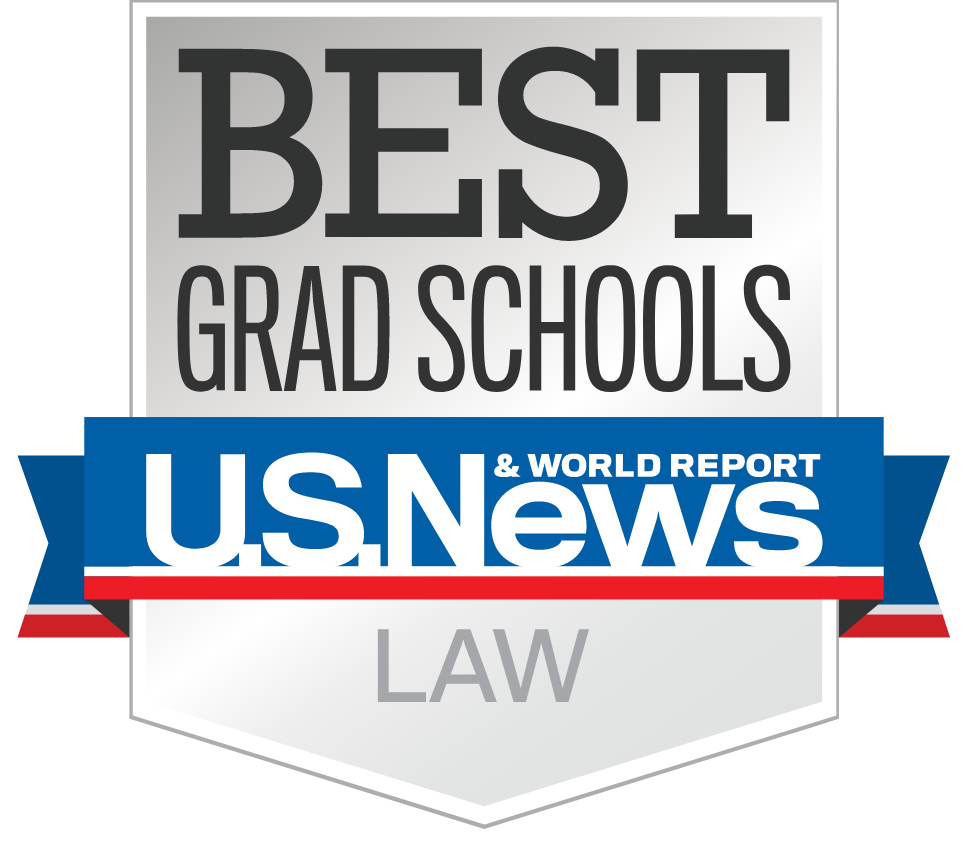3 law schools ranked in US News top 10 will no longer participate in its rankings

Updated: Three law schools—Yale, Harvard and the University of California at Berkeley—will no longer participate in rankings by U.S. News & World Report, even though they have long snagged top spots.
Yale Law School, which has been ranked No. 1 since the inception of the rankings, was first to make the announcement Wednesday. It was followed by Harvard Law School, which most recently was ranked No. 4.
On Thursday, the University of California at Berkeley School of Law announced that it was also withdrawing from the rankings. It was ranked No. 9 in U.S. News & World Report’s rankings released this year.
Yale Law dean Heather K. Gerken said in a Nov. 16 statement the school won’t be supplying its data to U.S. News & World Report, but it will provide information to would-be students “in a public, transparent and useful form.”
Gerken said the rankings are “profoundly flawed” because they disincentivize programs that support public-interest careers, provide need-based aid and help working-class students.
Gerken said she thinks that U.S. News & World Report is acting with the best of intentions, but its task is nearly impossible: to rank 192 law schools “with a small set of one-size-fits-all metrics.”
In a Nov. 16 announcement, Harvard Law dean John F. Manning also expressed concerns that the U.S. News & World Report’s methodology discourages schools from supporting socioeconomic diversity.
Berkeley Law dean Erwin Chemerinsky, who is also a frequent ABA Journal contributor, told Law.com in a statement that he also had concerns that U.S. News & World Report penalizes schools that help graduates enter public service.
“Now is a moment when law schools need to express to U.S. News that they have created undesirable incentives for legal education,” he said.
Gerken made these points about disincentives, which were similar to points raised by Manning and Chemerinsky:
• Yale Law provides more public-interest fellowships that its peers, but U.S. News & World Report effectively classifies graduates on fellowships as unemployed. U.S. News & World Report “does the same” in its treatment of graduates seeking a PhD or a master’s degree.
• U.S. News & World Report does not consider school loan-forgiveness programs when calculating student-debt loads. That penalizes schools promoting public-interest careers because they are characterized as having high debt loads. In addition, U.S. News & World Report’s negative emphasis on high student-debt incentivizes schools to admit students who can pay for tuition without the need for loans.
• Twenty percent of a law school’s ranking is based on median LSAT and GRE scores, as well as grade-point averages. The metric puts pressure on schools to overlook promising students who can’t afford expensive test preparation courses. It also pressures schools to use financial aid to recruit high-scoring students, rather than students with the highest need. Yale Law is one of only two law schools that give aid based entirely on need. The other is Harvard.
“Leaders in legal education should do everything they can to ensure students of all backgrounds have the support and resources they need to enter our profession and contribute to society,” Gerken wrote. “Granting exclusive access to a flawed commercial rankings system is counterproductive to the mission of this profession and the core values of Yale Law School.”
Publications with coverage of Gerken’s decision include Law.com, the Wall Street Journal and Above the Law.
Publications with news on Manning’s decision include Law.com, Reuters and the New York Times.
Updated Nov. 17 at 9:04 a.m. to add information on Harvard Law School’s decision. Updated Nov. 17 at 2:15 p.m. to include information on the University of California at Berkeley School of Law’s decision.



